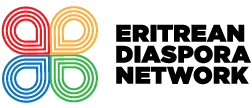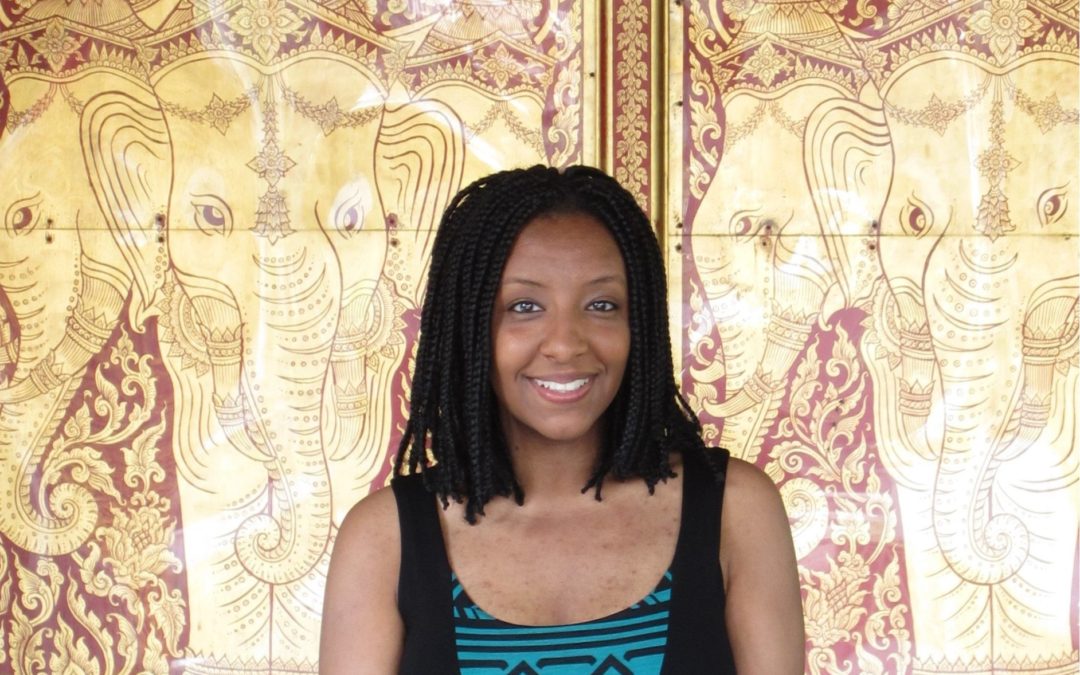This month’s professional spotlight features Semhar Araya. Semhar is a Human Factors Engineer/HSI Project Lead at the Department of the Navy. Read this month’s spotlight to learn more about Semhar and her work.
Q: Could you briefly explain some of your responsibilities in your current career role.
Human Factors Engineering ensures that human capabilities and limitations are taken into consideration during system design. As a Human Factors Engineer, my work has included conducting various usability evaluations, acting as Principal Investigator for user assessments, generating objective evidence to support usability certification criteria for systems, and mocking up of graphical user interfaces as well as full scale 3D layouts to support the development of operator and maintainer interfaces and space designs for command centers. In my role as a Project Lead, I manage a team of government and contractor personnel in the execution of this tasking, review of technical deliverables, budget/schedule planning and interfacing with program sponsors.
Q: How did you come to decide that this was the right career path for you?
I actually was unaware that Human Systems Integration (HSI) existed before I started at my organization. However, I always had a desire to work on improving people’s quality of life with technology, which is how I ended up studying Biomedical Engineering for my undergraduate degree. Luckily, a rotation program at my organization alerted me to the existence of the field. When properly implemented, HSI has the ability to positively impact people by improving usability, reducing workload and errors, and making safe utilization of systems possible. The discipline fits well into that intersection of people and technology that I was hoping to get into when I got out of school.
Q: Is there a philosophy that drives your career?
I think it is a philosophy that started for me in school, which is: you don’t have to be the smartest person in the room to be successful in STEM. I realized during my undergraduate studies that there are people that are naturally gifted and just get “it”. But I also knew that the majority of us just had a drive that pushed us to work harder and longer so that we could do just as well as them. That carries over into my career: even if you are not the subject matter expert or the PhD on the team, it’s fine as long as you are willing to ask the right questions so you can learn and grow and deliver quality work.
Q: What do you consider to be your greatest professional accomplishment?
I was part of a small team that worked on a space design effort which was recognized by top leadership in our organization (a workforce of over 50,000 civilian, military and contract support personnel). As a member of this team, I helped build a full scale mock-up, interview and collect inputs from subject matter experts and active duty Sailors, and analyze data to help inform recommendations for the final layout. This effort resulted in a hardware layout recommendation for a command center that will be in use for 20+ years. One product of our analysis was the proper employment of hardware in the space which ultimately results in the potential for improved internal coordination amongst personnel, enabling flexibility to handle different situations, and accommodating for growth due to future technologies.
Q: What’s one piece of advice you would give someone looking to transition into your line of work?
The piece of advice I would give anyone looking to get into Human Systems Integration is to seek training and educational opportunities. If you are a student, look for these degree programs: Human Factors, Cognitive Psychology, and Engineering. Also, look for internship opportunities. If you are already in the workforce, a background in systems engineering or safety coupled with classes or certifications in User Experience, Human Factors, Human Computer Interaction, etc. could be an avenue into HSI.
In addition, if your company develops products that require human-hardware/software interaction, you can look into whether they have a HSI or Usability team in place and inquire about opportunities to do a rotation or detail.
Q: Outside of all of your hard work and efforts toward building your brand, what do you do for fun? Hobbies?
Some of my favorite things to do in my free time include planning and taking trips, going to concerts/music festivals, discovering new and old music and checking out museum/art exhibits.


Proud of u haftna, informative interview!